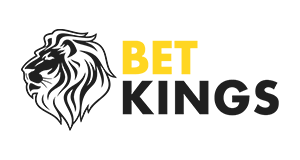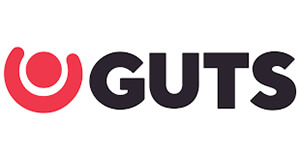Poker is more than just a game of cards, it’s a social experience that brings people together from all walks of life.
Whether you’re a hardened pro or a novice looking to learn the ropes, joining a poker community will significantly enhance your learning experience.
There are many benefits to becoming part of a poker community, from skill development and networking opportunities to social interaction and emotional support when things just aren’t going how you’d like them to be.

Skill Development and Improvement
Access to Knowledge and Resources
One of the most useful advantages of joining a poker community is the wealth of knowledge available. Many communities offer resources such as:
Tutorials and Articles: Members often share educational articles, videos, and tutorials that cover various aspects of the game, including strategy, psychology, and bankroll management.
Here you will get the benefit of other players’ experience as to which is the best material, currently.
Hand Analysis: Players can post their hands for analysis by more experienced members, gaining insights into their decision-making processes and learning from their mistakes.
This feedback loop is crucial for improvement. Players often find themselves going around in circles without moving towards the correct solution to a particular spot.
Workshops and Seminars: Some communities organise workshops led by high-level professional players, providing structured learning experiences.
Friendly Competition
Being part of a group fosters friendly competition that can help maintain motivation as members strive to outwork their teammates and rise through the stakes faster.
Home games can be another form that this competition takes where players can discuss key points afterwards.
Mentorship Opportunities
Many poker communities foster mentorship relationships where experienced players guide newcomers. This is the perfect group to find yourself in as a newbie.
This one-on-one interaction will accelerate learning due to personalised feedback that is often lacking in self-study.
Mentorship can take many forms — some players may offer informal advice during games, while others might set up structured sessions focused on specific areas of improvement. It all depends on what the weakest points in a player’s game are.
 Networking Opportunities
Networking Opportunities
Building Connections
Joining a poker community opens doors to meet like-minded individuals who share your passion for the game.
These connections can lead to friendships that extend beyond the poker table. It’s not unusual for business relationships to grow in these circumstances.
Professional Networking
For those interested in pursuing poker more seriously, communities often include players at various skill levels, including experienced professionals.
Networking within these circles can also lead to collaborations on projects such as content creation that promote both personal brands and the community itself.
It never hurts to put yourself in the same sphere as people with more poker and life experience than yourself.
Social Interaction and Community Support
A Sense of Belonging
Poker communities create an environment where players feel they belong. This sense of camaraderie can be especially valuable for those who may feel isolated in their daily lives when putting in so many hours in the lab.
Sharing experiences, challenges, and big wins with poker friends fosters strong bonds that can last a lifetime.
In many cases, these communities become support systems where members celebrate each other’s successes — whether it’s winning an MTT or moving up just one stake level — fostering an atmosphere of encouragement.
Emotional Support
Poker can be an emotionally taxing game, especially during losing streaks. Being part of a community allows players to share their frustrations and seek advice from others who understand the emotional rollercoaster that comes with the game.
This support system can help maintain a healthy mindset and encourage resilience while experience in the mental game of poker is built up.
Fun Social Events
Many poker communities organise social events beyond just playing cards. These might include:
Meet-ups where members can socialise and play friendly games in person rather than online. These events often serve as icebreakers for new members who may initially feel intimidated.
Community tournaments that not only provide competitive fun but also help build deeper connections among members.
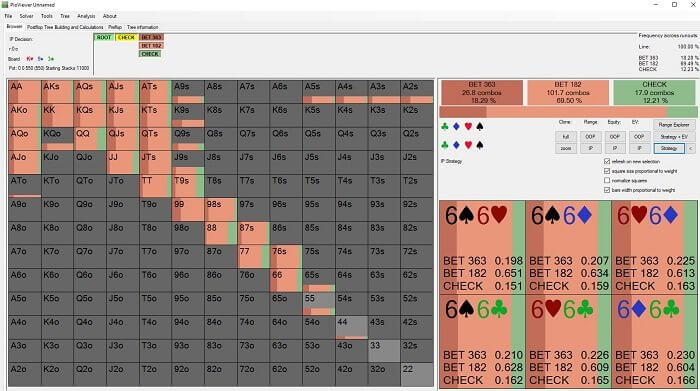
Enhanced Online Experience
Real-Time Feedback
Online poker training communities often have group chats setup during games where players can discuss strategies in real-time. This immediate feedback can be invaluable for improving your gameplay on the spot.
But it is important to point out that the player in the game should not be receiving this advice as this is unethical play. One player per hand at all times, regardless of what others say.
Learning Poker Psychology
Understanding Opponents
A significant aspect of poker is understanding human behavior. Both your own and that of your opponents.
Being part of a poker community allows you to discuss psychological tactics with others who have experience with the mental game.
Members often share insights into how they come up with exploitative moves which is valuable information that can give you an edge over weaker players who may not be as attuned to these nuances as you will be.
Opportunities for Growth Beyond Poker
Life Skills Development
The skills acquired through playing poker, such as critical thinking, risk assessment, and decision-making under pressure, are transferable to various aspects of life.
Being part of a group dedicated to learning skills enhances these skills through shared experiences and discussions about strategy both in-game and out.
For example, analysing hands together helps develop critical thinking skills.
Leadership Skills
Many poker communities encourage members to take on leadership roles within the group, whether by organising events or mentoring newer players.
These opportunities help develop valuable leadership skills that can benefit your personal and professional life.
You can learn a lot from your study mates, but it will be just as rewarding to take on the role of mentor when your skill level reaches new heights.
Increased Enjoyment of the Game
Shared Passion
Being part of a community amplifies your enjoyment of poker by surrounding yourself with other players who share your passion. Discussing hands after games or celebrating each other’s successes adds an extra layer of enjoyment to the experience.
When you’re excited about your latest achievement, having others to celebrate those moments with you enhances overall satisfaction with both the game itself and your involvement in it.
This is all key to keeping motivation levels high when the inevitable bad times roll around.
Motivation to Play More Often
When you’re part of an active study group, you’re more likely to engage in regular play. This increased frequency of sessions will lead to faster improvement while keeping the game fresh and exciting.
Moreover, regular interactions within the community create accountability. When you’re at the same level as one of your peers, you’re more likely to prioritise playing regularly rather than letting it fall by the wayside due to other commitments.
 A Win-Win Situation
A Win-Win Situation
Joining a poker community offers numerous benefits that extend far beyond simply playing cards.
From skill development and networking opportunities to emotional support and increased enjoyment of the game, being part of such a group enriches your overall experience as a player. It’s a win-win situation.
Whether you’re looking to improve your skills, make new friends, or find support during challenging times at the table, a poker community provides all these benefits and more!
- Get the best rakeback deals
- See the best poker promotions
- View the latest poker news
- Get the best No Deposit Poker Bonuses
- Benefit from the biggest poker bonus
- Calculate your rakeback with the rakeback calculator
Terms and conditions apply. New customer offer and 18+ only. Should you require help regarding your betting pattern, please visit www.begambleaware.org.

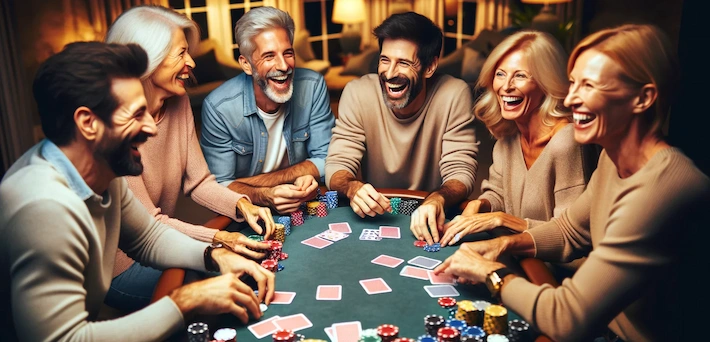 Networking Opportunities
Networking Opportunities
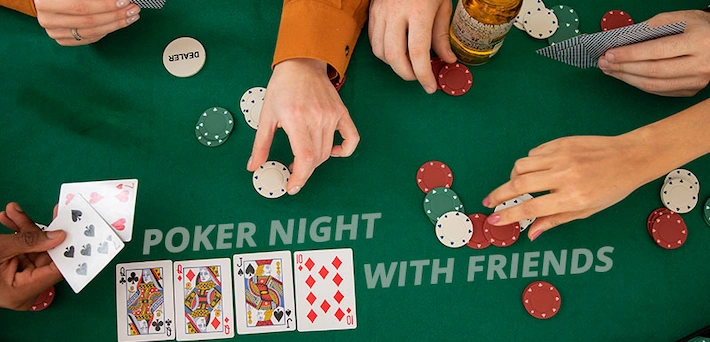
 A Win-Win Situation
A Win-Win Situation







